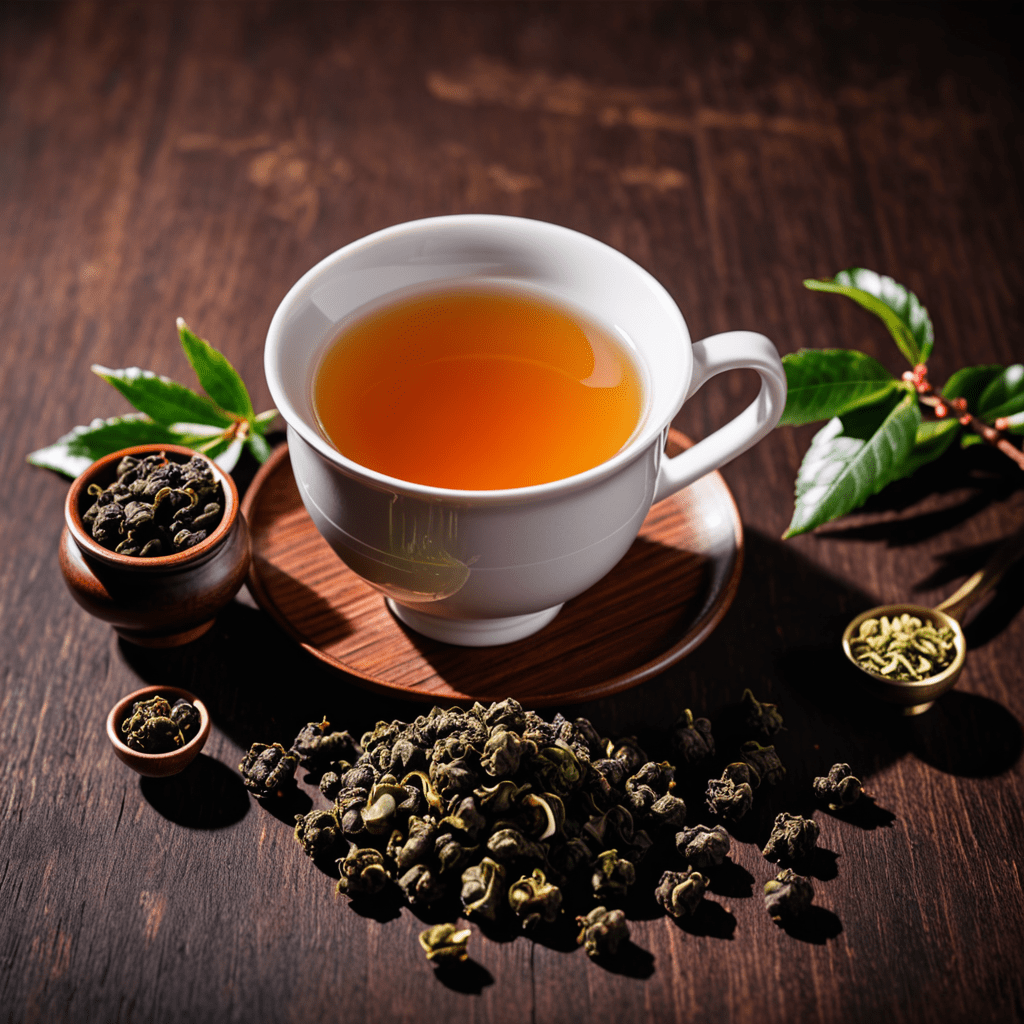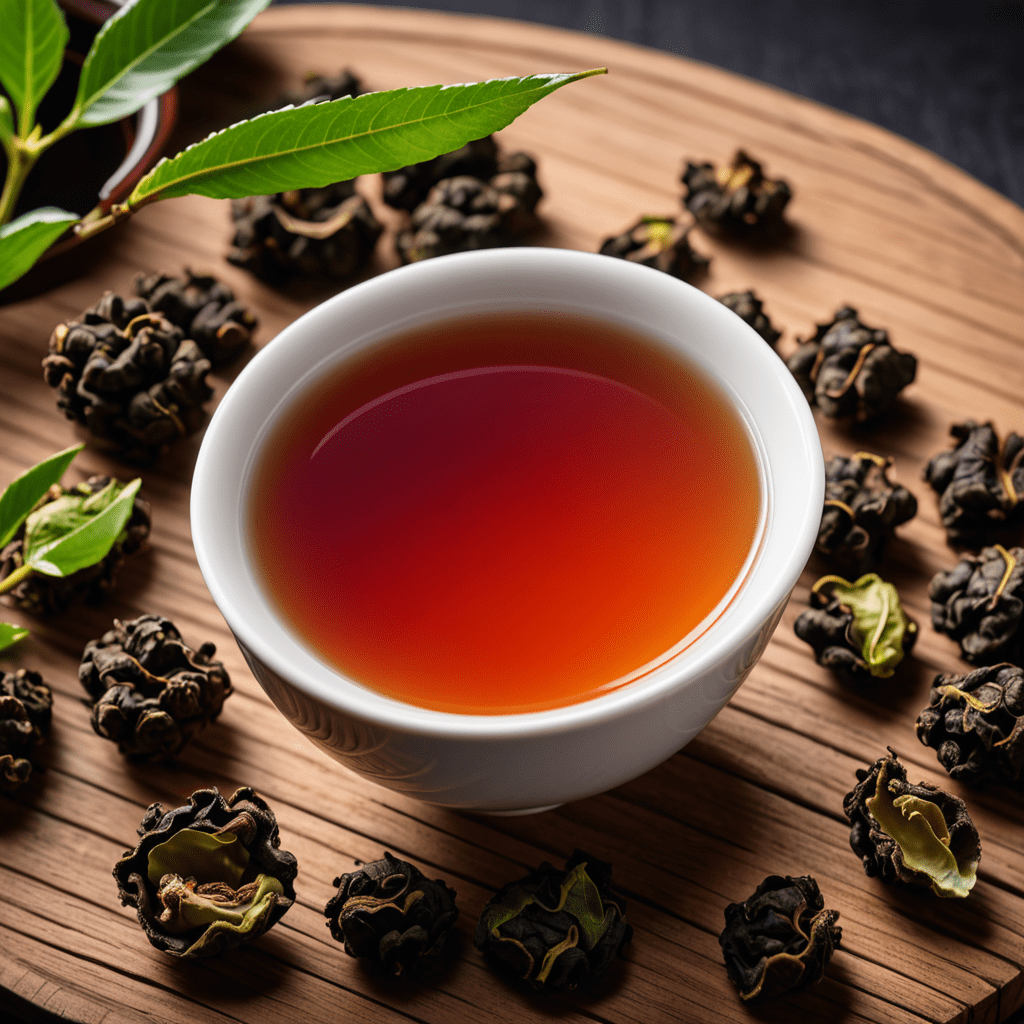Tea and Wellness Practices: Integrating Tea into Indian Lifestyles
1. Introduction
Tea occupies a prominent place in Indian culture, interwoven with its history, social fabric, and traditional practices. Beyond its ubiquitous presence as a refreshing beverage, tea has also emerged as a significant contributor to holistic well-being. This outline explores the multifaceted relationship between tea and wellness practices in India, highlighting its historical significance, health benefits, and integration into daily life.
2. Historical Significance of Tea in India
India boasts a rich and vibrant history of tea cultivation and consumption, dating back centuries. The introduction of tea plants to India in the 19th century marked the beginning of a transformative journey. Over time, tea plantations flourished across the country, giving rise to diverse regional varieties and brewing traditions. Tea consumption became deeply ingrained in Indian culture, evolving into an integral part of social interactions, celebrations, and everyday rituals.
3. Health Benefits of Tea
Beyond its cultural significance, tea offers a plethora of health benefits, making it a valuable addition to any wellness routine. Different types of tea, such as black tea, green tea, and herbal infusions, possess unique properties that contribute to overall well-being. Tea is rich in antioxidants, which combat free radicals and protect against cellular damage. Studies suggest that regular tea consumption can reduce the risk of chronic diseases, improve cardiovascular health, and boost cognitive function.
4. Tea and Ayurveda
Tea aligns seamlessly with the principles of Ayurveda, the ancient Indian system of holistic medicine. Ayurveda emphasizes the importance of balancing the body's three doshas – Vata, Pitta, and Kapha – for optimal health. Different types of tea are believed to have specific effects on these doshas, making them valuable tools for maintaining balance and promoting well-being. For instance, ginger tea is considered beneficial for reducing Vata, while chamomile tea is known to pacify Pitta.
5. Integrating Tea into Daily Life
Incorporating tea into daily routines offers a simple yet effective way to enhance overall well-being. Start the day with a cup of green tea to boost metabolism and mental clarity. Enjoy a soothing cup of chamomile tea in the evening to promote relaxation and improve sleep quality. Experiment with different tea varieties and brewing methods to discover your personal preferences. By integrating tea into daily life, individuals can harness its numerous health benefits and cultivate a sense of holistic well-being.
6. Tea and Stress Management
The fast-paced nature of modern life often leads to increased stress levels, affecting both physical and mental health. Tea, with its inherent calming properties, can serve as an effective tool for stress management. Certain types of tea, such as chamomile, lavender, and peppermint, possess natural calming agents that promote relaxation and reduce anxiety. The act of brewing and sipping tea itself can be a meditative experience, providing a mindful break from daily stressors. Incorporating tea rituals into daily routines, such as enjoying a cup of chamomile tea before bed, can significantly improve sleep quality and reduce stress levels.
7. Tea and Sleep
Getting adequate sleep is crucial for overall well-being, and tea can play a significant role in promoting restful sleep. Certain types of tea, such as chamomile, lavender, and valerian root, contain compounds that induce relaxation and drowsiness. These teas can be particularly beneficial for individuals struggling with insomnia or sleep disturbances. Drinking a cup of calming tea an hour before bedtime can help prepare the body for sleep and improve sleep quality. It is important to note that avoiding caffeinated teas in the evening is essential for ensuring restful sleep.
8. Tea and Social Connection
Tea has long been associated with social gatherings and fostering connections. In India, chai, a spiced milk tea, is often shared amongst friends and family, creating a sense of community and belonging. Tea ceremonies and tea parties provide opportunities for social interaction and meaningful conversations. The act of brewing and sharing tea can strengthen bonds and deepen relationships.
9. Tea and Sustainability
The increasing focus on sustainability has extended to the realm of tea consumption. Choosing organic tea varieties and supporting sustainable tea farms helps reduce environmental impact. Additionally, opting for loose-leaf tea and reusable tea filters minimizes waste and promotes eco-friendly practices.
10. Tea and Cultural Significance
Tea is deeply embedded in Indian culture, holding significance beyond its health benefits. Tea plantations provide employment and livelihood for countless individuals in various regions. Tea festivals and celebrations showcase the rich heritage and cultural diversity associated with tea. The aromatic beverage continues to play a vital role in preserving traditional customs and values.
FAQ
Q: What are the best types of tea for health benefits?
A: Different types of tea offer various health benefits. Green tea is rich in antioxidants, while black tea is known to improve cardiovascular health. Herbal infusions, such as chamomile and peppermint, possess calming properties.
Q: How much tea should I drink daily?
A: It is recommended to consume 2-3 cups of tea per day for optimal health benefits. However, individual needs may vary, so consulting a healthcare professional is advisable.
Q: Can I add milk or sugar to my tea?
A: Adding milk or sugar to tea can alter its health benefits. For maximum benefit, it is recommended to consume tea without any additives. However, if desired, small amounts of honey or natural sweeteners can be used.
Q: Can I drink tea on an empty stomach?
A: Drinking tea on an empty stomach may affect some individuals differently. It is generally recommended to consume tea after a light meal or snack.
Q: Can pregnant or breastfeeding women drink tea?
A: It is essential to consult a healthcare professional before consuming tea during pregnancy or breastfeeding. Some types of tea may contain compounds that could be harmful during these stages.


